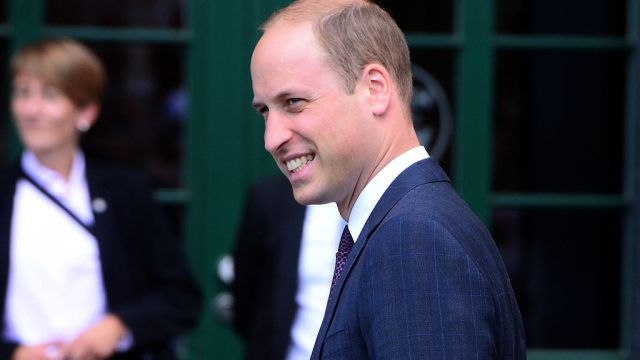New Study Finds That Older Children Are Smarter Than Their Younger Siblings

Being the first born can be a lot of hard work. Your parents were probably harder on you than they were on your siblings, you ended up doing a lot of co-parenting along the way, and the youngest ones were always trying to copy you and/or steal your stuff. But being the oldest child has some perks, too. You know that stereotype that the eldest sibling is the smartest one? Well, apparently, there’s some scientific truth to that.
According to a study published in the Journal of Human Resources, older children tend to be smarter than their younger siblings. For their study, the researchers analyzed data from the U.S. Children of the National Longitudinal Survey of Youth, which followed nearly 5,000 children from before they were even born to the age of 14. What they found was that, as early as age one, children who weren’t the oldest in their families scored lower on cognitive assessments than their eldest siblings. That gap only increased once they became old enough to go to school.
The researchers concluded that this could be because parents tend to invest more effort into mentally stimulating their first-born children than they do with subsequent kids. Another earlier study published in the journal Frontiers in Psychology showed that parents spend more time reading to their first-born children than they do with their other kids. Researchers believe that may be one of the reasons that oldest siblings seem to have better language skills than their younger brothers and sisters.
These findings also corroborate a 2017 study from the National Bureau of Economic Research that found that oldest children do tend to have slightly higher IQs than their siblings (though it should be noted that this study only included boys). The study also found that first-born males are 30 percent more likely to become CEOs or politicians than their younger siblings.
It does make sense that getting more attention from your parents and having to act like a “grown-up” early on in life would help you mentally mature at a faster rate during your formative years. But studies like these that indicate an association between intelligence and birth order can’t definitively determine that there’s a cause-and-effect relationship there. After all, intelligence is infamously a very difficult trait to measure and, as with longevity, there are a lot of factors that influence it.
So, if you’re not the oldest child, there’s no need to go all Jan Brady after reading this article. There are plenty of middle and youngest children who have made history, and there’s no evidence to suggest that your birth order defines your likelihood of success in life.
That said, if you are the first-born child in your family, feel free to send this information to your siblings the next time they call you a know-it-all. And for more science-supported birth order traits, here are 20 Stereotypes About Birth Order That Are 100 Percent True.
To discover more amazing secrets about living your best life, click here to follow us on Instagram!